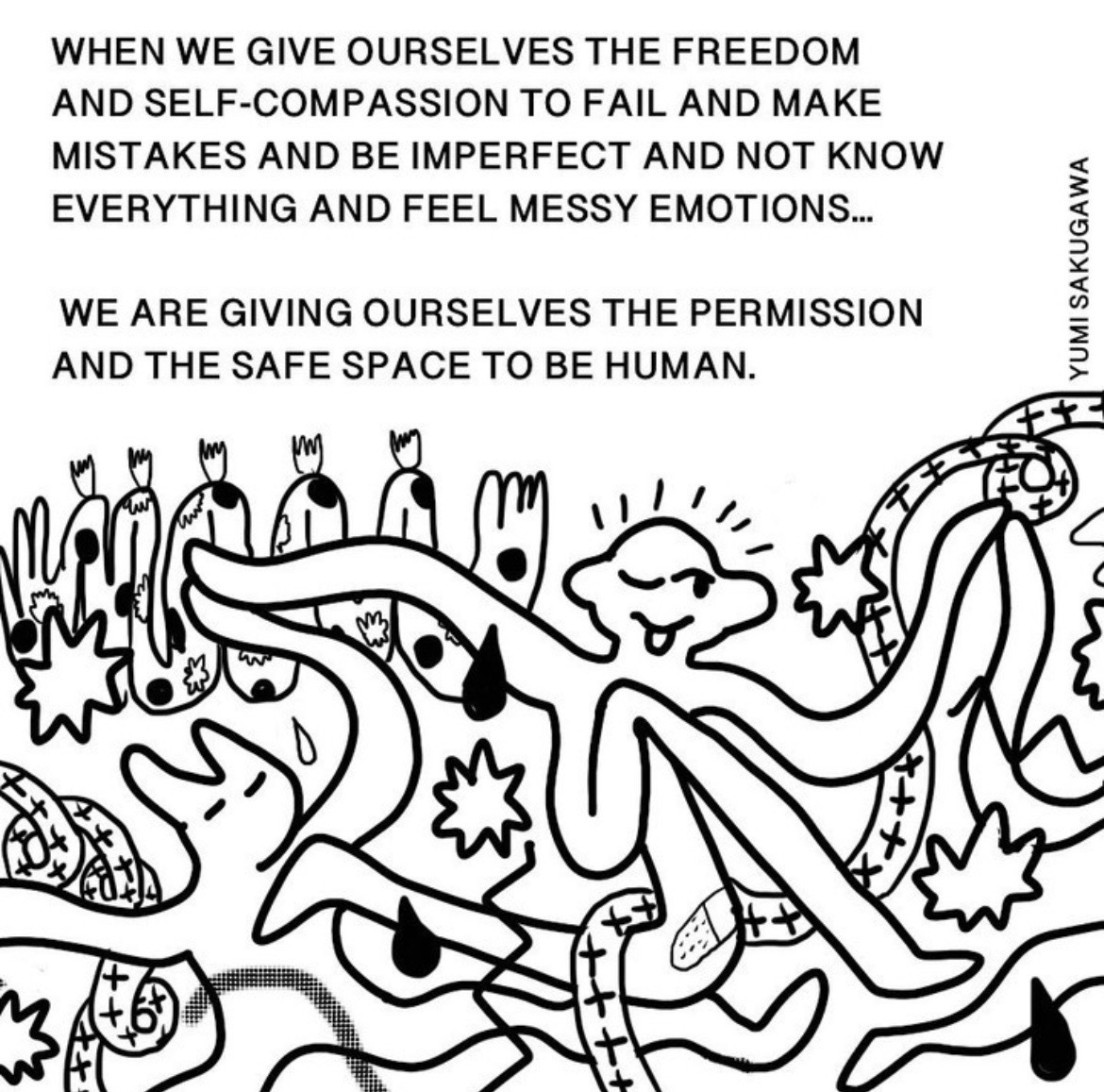hello, world!
musings on getting started (and keeping going)
i guess this is the first entry of the blog i have been telling myself i’m not important enough to write. i’m not exactly sure what has changed ~ in fact, thinking that my thoughts are important enough to be broadcast to the whole internet—and then actually sitting down to do that—is precisely the kind of “main character energy” that i have been actively trying to remove from my perspective on the world.
on the other hand, shouting into the void of an exponentially increasing mess of thoughts, images, advertisements, and more could be just the antidote my ego needs. part of “main character energy” involves imagining the “best” or “most dramatic” possible outcome to a hypothetical action ~ e.g., [falsely] believing that if i post one of these informal writing pieces on the internet, every possible collaborator/advisor/employer will read every single word and know about secrets as deep as i feel comfortable dumping onto the internet under my real name. there’s also the very [un]real possibility that i get “discovered” for my laser-sharp wit and provocative worldview, and all the years i spent working toward a career in cognitive neuroscience will be supplanted by one in creative writing.
i have yet to talk to my therapist about where these overblown imaginations come from. i’ve called it narcissism before, but i’m not sure if that’s totally fair. reading them back, i get notes of fear, perfectionism, and overcompensation–telltale symptoms of imposter syndrome. it’s weird to think that a psychological state that boils down to feeling “not good enough” can manifest as feeling like “the most important person in the world.” but it makes sense, especially considered through the lens of my parents’ immigrant experience – you only have so many opportunities to “establish” yourself as part of the ingroup, so, if you want to belong, you better make every move “count.”
but i am learning that science is not like that. sure, first impressions are important. but they are not the whole story, nor do they determine your status as a scientist. what really matters is the work you do, and the care, rigor, and thoughtfulness with which you do it. can you persist through the slog of error messages, experiments that don’t seem to work, and the omnipresent non-zero chance that one line of code somewhere in your multi-language, multi-author data analysis or simulation pipeline yielded false results? can you brace yourself against the “existemic” [existential + epistemic, i just made it up] angst of trying to use mathematical models to understand reality while knowing that there is, in principle, no way to know that anything you find is actually real? can you handle the anxiety that emerges at the intersection of these considerations?
i am starting to think that how one copes with these inherent challenges is (a big part of) what makes them a good scientist. there are other factors for sure – these will be topics of future blog posts. i guess there’s a sense in which this whole blog is devoted to the question of how to be a good scientist, and documenting the process of trying to become one. and i think the theme of this first post is starting. in the earliest days of my becoming a neuroscientist, i used to love explaining to my college radio friends that science is just as DIY as the art we purveyed—it has different aims & tools, but ultimately is just some people putting their heads together trying to figure out how to interact with the world in such a way that something is revealed by the end. and there’s no way to get to the “revelation” part [bracketing realism & veracity concerns] without trying some shit and seeing what happens.
after spending 9 months anxiously avoiding my first foray into measuring “reality” as a graduate student—and then eventually finding the courage to take the plunge—i now find myself on the precipice of another intellectual endeavor that deeply intimidates me. since it involves finding my (written) voice, and seems to emotionally require persistent grounding in the facts that (i) this is the kind of opportunity i have previously only dreamed of and (ii) it would not be offered to me if i wasn’t thought capable of doing it, i figured one way of productive procrastination might be to get this blog started. also, i sense that my positionality with respect to computational cognitive (neuro)science will change measurably in the course of completing this project, and my initial motivation for starting a blog was to document my intellectual evolution as a graduate student. i want to make sure to get down the worldview that’s been carved out by my first 1.5 years before it morphs into something [presumably] more certain and sophisticated.
so, dear reader, thanks for joining me on this journey. i have no idea where it will take us or what will come of it. but i promise (to myself and to you) that this will be a space committed to authenticity. why on earth would i carve out my own corner of the internet just to deliver the same sanitized stories that we tell in our papers and talks? i want to show that someone can be emotional, imperfect, and uncertain and still be a (good) scientist.
also i'm going to be a menace with these footnotes, mwahahaha
and with that, i leave you with a graphic from one of my favorite artists, Yumi Sakugawa; this is from their post INSPIRATION FOR ARIES SEASON, a very fitting time to be launching this blog.
